Beatrice Gibson to Barbara Loden, Nina Menkes and Bette Gordon
Género : Documental
Tiempo de ejecución : 4M
Director : Beatrice Gibson
Sinopsis
Garbiñe Ortega, Artistic Director of Punto de Vista, came up with the idea of creating a collective audiovisual project in which several filmmakers would make a filmed letter addressed to another filmmaker they did not know personally and who was as far as possible from their own cinema. This is how THE LETTERS THAT WEREN'T AND ALSO ARE was born. The result is an exciting journey through their affinities, their admiration and their creative processes.
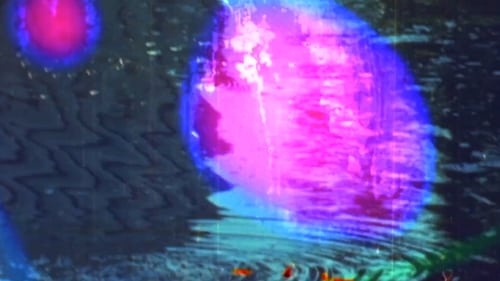
Tar pits form as petroleum seeps to the surface through fissures in the Earth’s crust, leaving viscous asphalt pools. To make Tar Pits Film, Jennifer West threw a strip of film into the La Brea Tar Pits in Los Angeles, still-bubbling asphalt pools which have seeped from the ground for tens of thousands of years. The film was then ridden over hot asphalt by a motorcycle and drenched in other substances including thick mayonnaise and body lotion.
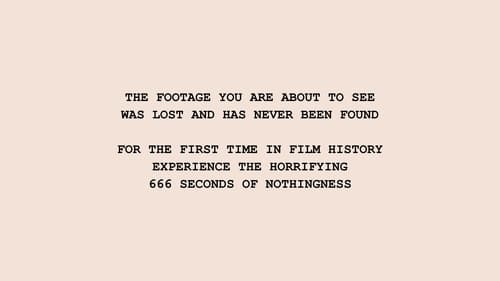
How would a found footage film look if the footage was never found? This conceptual art experiment questions the very nature of film and cinema while serving as an ironic tribute to the found footage horror pop culture. The found footage format provides the narrative justification for such a film to exist: the non-existence exists because the footage existed yet it was lost and never found.

A musical horror story about two young women who are stalked through a shopping mall by a cannibal. He follows them home, and here the victims become the aggressors.

A teacher spends a day in their classroom where nothing is what it seems.

the joy of colour, the reds of an apple tree, the greens of a pear tree hark back to the origins of colour.
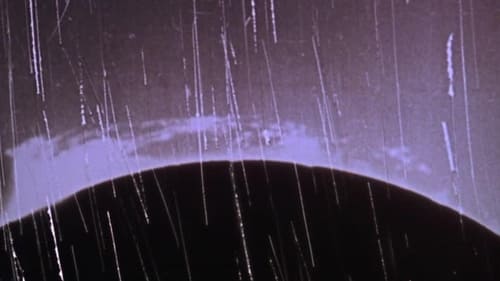
A creation myth realized in light, patterns, images superimposed, rapid cutting, and silence. A black screen, then streaks of light, then an explosion of color and squiggles and happenstance. Next, images of small circles emerge then of the Sun. Images of our Earth appear, woods, a part of a body, a nude woman perhaps giving birth. Imagery evokes movement across time. Part of the Dog Star Man series of experimental films.

After a catastrophic global war, a young filmmaker awakens in the carnage and seeks refuge in the only other survivor: an eccentric, ideologically opposed figure of the United States military. Together, they brave the toxic landscape in search of safety... and answers.

An experimental short film by Walerian Borowczyk and Jan Lenica.

Frente el museo de Chéjov, un joven hombre tiene un encuentro místico con un fantasma que bien podría ser el del mismo Chéjov. (FILMAFFINITY)

Seven strangers are kidnapped and imprisoned in seven separate rooms. The only thing that connects them is a video screen. Or so it seems...
https://youtu.be/0qhGRyQ0mcs
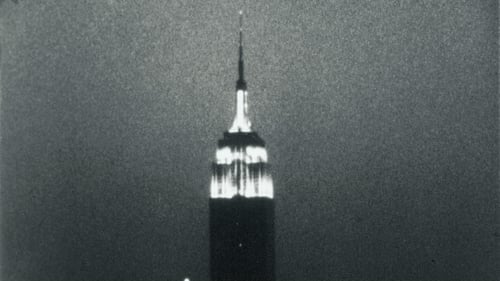
Experimental film consisting of a single static shot of the Empire State Building from early evening until nearly 3 am the next day.

Starting in the late 1930s, illustrator and experimental animator Douglass Crockwell created a series of short abstract animated films at his home in Glen Falls, New York. The films offered Crockwell a chance to experiment with various unorthodox animation techniques such as adding and removing non-drying paint on glass frame-by-frame, squeezing paint between two sheets of glass, and finger painting. The individual films created over a nine-year period were then stitched together for presentation, forming a nonsensical relationship that only highlights the abstract qualities of the images. —Kansas City Electronic Music and Arts Alliance

In an endless loop, unexposed film runs through the projector. The resulting projected image shows a surface illuminated by a bright light, occasionally altered by the appearance of scratches and dust particles in the surface of the damaged film material. This a film which depicts only its own material qualities; An "anti-film", meant to encourage viewers to focus on the lack of concrete images.
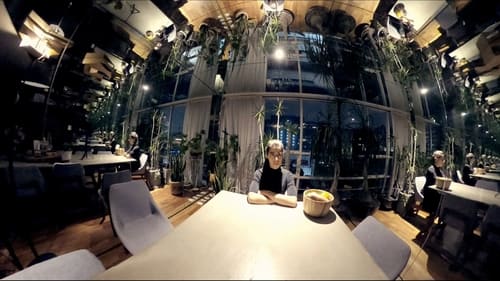
PUTREFIXION: A Video of Nina Temich is the first feature to be entirely filmed on a 360 camera. Director David Torres utilizes the disorienting nature of a 360 lens to transform Mexico City, accentuate the ritual of dance, and open a new chapter of in-world-camera narratives. As Nina, model and dancer Dalia Xiuhcoatl controls the space and movement of the camera, giving this portrait of a young woman's brush with the supernatural a mesmerizing feminine energy.

The enduring romance of the lines. A visual exploration of Dave Brubeck's jazz classic "Take Five".

Short film by Takashi Makino

Lifting and holding up a chest of drawers.

Nura is determined to live her life to the full, despite a future without her eyesight.

A short inquisition of science by the paranormal. On-screen texts are lifted from Tarkovsky's film "Stalker" in which something more expansive and less explicable than logic or technology is offered as the conceptual pillar of the human spirit. The title is taken from a passage in Dostoyevsky's "The Possessed" about time after the Apocalpyse: "Kirillov: When the whole of man has achieved happiness, there won't be any time, because it won't be needed. It's perfectly true. Stavrogin: Where will they put it then? Kirillov: They won't put it anywhere. Time isn't a thing, it's an idea. It will die out in the mind."












